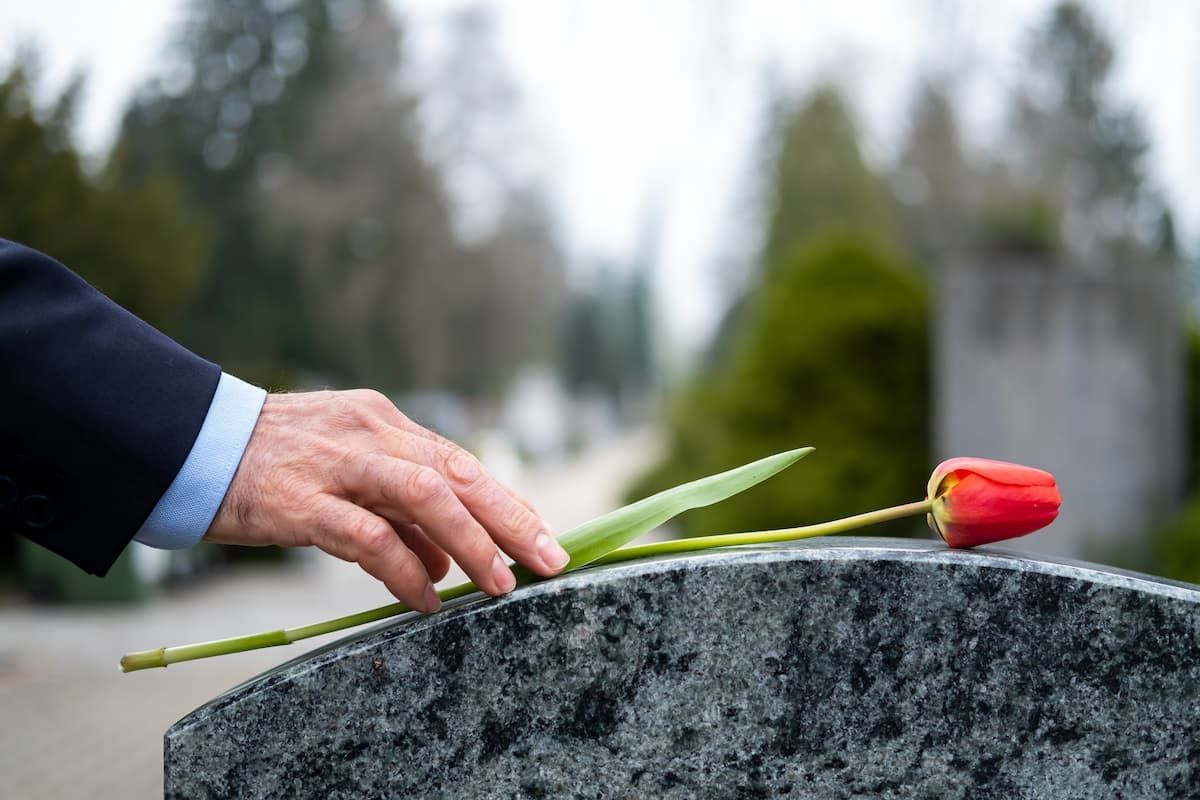Frequently Asked Funeral Questions: A Guide to Navigating the Process

Losing a loved one is an emotional and challenging time, and navigating the funeral process can feel overwhelming. Whether it’s your first time making funeral arrangements or you’re unsure about certain aspects of the process, it’s natural to have many questions. Understanding the typical procedures and options available can help ease the burden during this difficult time. Here are some of the most frequently asked funeral questions and their answers to guide you through the process.
1. What is the difference between a funeral and a memorial service?
A funeral typically involves a ceremony held with the body of the deceased present, either before or during burial or cremation. It often includes a viewing or wake, where family and friends can pay their respects.
A memorial service, on the other hand, takes place after the body has been buried or cremated and does not involve the presence of the body. Memorial services may be held in various settings, such as homes, churches, or other venues, and can be personalized to reflect the life of the deceased.
2. What is embalming, and is it required?
Embalming is a process that involves preserving the body to delay decomposition, usually for viewing purposes. It is not legally required in most places but may be necessary if the body is to be displayed at a public service or transported over long distances. In cases where there will be no viewing, embalming is typically not needed.
However, certain states or countries may have regulations about embalming or the timing of burial. It’s important to check with the funeral home to determine what’s required in your area.
3. How much does a funeral cost?
The cost of a funeral can vary greatly depending on factors like location, the type of service, and the funeral home you choose. There are options to help manage funeral expenses, such as cremation (which can be less expensive than burial), choosing a less elaborate service, or purchasing a funeral plan in advance.
4. What is cremation, and how does it differ from burial?
Cremation involves the process of reducing the body to ashes. Many people choose cremation for its simplicity, lower cost, and flexibility in how the ashes can be kept, scattered, or interred. Some people opt for a cremation memorial service, where the ashes are present but there is no body.
Burial, on the other hand, involves placing the body in a casket and then burying it in a cemetery. This option may include the purchase of a grave plot, headstone, and other related services. The choice between cremation and burial depends on personal, cultural, and religious preferences.
5. What are the steps in planning a funeral?
Planning a funeral typically involves the following steps:
- Notify family and friends: Reach out to close family and friends and inform them of the passing.
- Choose a funeral home: Select a funeral home to help with arrangements, including embalming (if applicable), obtaining necessary permits, and coordinating transportation.
- Select the type of service: Decide on whether you want a funeral, memorial, or graveside service. You’ll also need to choose the location and any religious or cultural elements to incorporate.
- Choose a casket or urn: Select a casket for burial or an urn for cremation. There are many styles and price ranges to choose from.
- Plan the ceremony: Work with the funeral director to plan the service, including music, readings, eulogies, and floral arrangements.
- Arrange for transportation: The funeral home will coordinate the transportation of the body to the service and burial or cremation site.
6. Should I pre-plan a funeral?
Pre-planning a funeral is a personal choice. Many people choose to pre-plan to relieve their loved ones of the burden of making arrangements during a time of grief. Pre-planning allows you to specify your wishes for the service, casket, burial, and other aspects of the funeral, ensuring your desires are respected. Additionally, pre-paying for a funeral can help protect your family from rising costs in the future.
However, it’s important to carefully consider pre-planning options, as funeral costs can vary, and you’ll want to ensure that the plan is flexible and fully understood by the family members who will carry out your wishes.
7. What are the options for scattering ashes?
If you choose cremation, there are many options for what to do with the ashes:
- Scattering: Many people choose to scatter the ashes in a location that had significance to the deceased, such as a favorite park, beach, or nature spot.
- Keepsake urns: Some families choose to keep a portion of the ashes in a special urn or piece of jewelry.
- Interment: Ashes can be interred in a family plot or at a cemetery, either in a niche or within a memorial garden.
- Other creative options: There are many creative options for commemorating the deceased, including turning ashes into diamonds or using them to create a memorial reef.
8. What is a death certificate, and why is it important?
A death certificate is an official document issued by a governmental authority that confirms the death of a person. It is essential for handling legal and financial matters, such as settling the deceased’s estate, claiming life insurance, and closing accounts. The funeral home typically assists in obtaining several copies of the death certificate.
9. Can I personalize a funeral service?
Absolutely! Many families choose to personalize the funeral service to reflect the deceased's personality, passions, or hobbies. You can incorporate meaningful music, photos, special readings, or even display personal items that were important to the deceased. The funeral director can help guide you through creative options for personalization.
10. What should I do if I can’t attend the funeral?
If you’re unable to attend the funeral in person, consider sending flowers, a sympathy card, or making a charitable donation in the deceased’s honor. If the family holds a memorial service, they may also offer the option to participate virtually, such as through a livestream. It’s always thoughtful to express your condolences in any way possible.
Funeral planning can be complex, but understanding the answers to these frequently asked questions can help make the process easier to navigate. Whether you are arranging a funeral for a loved one or pre-planning your own, it’s important to take the time to make informed decisions. By doing so, you can create a meaningful, respectful ceremony that honors the life and memory of the deceased, while providing comfort to those who are grieving.












